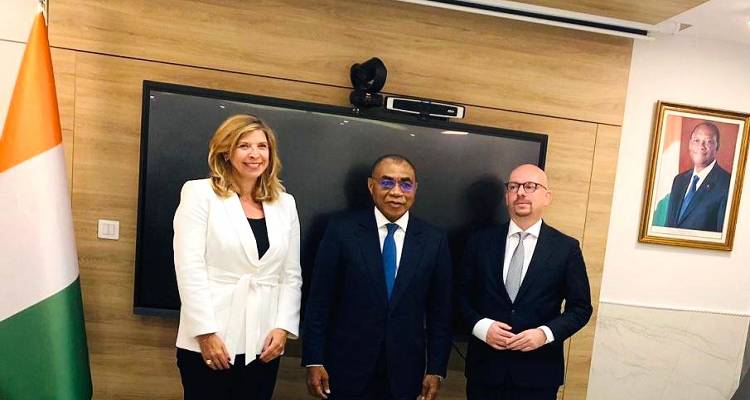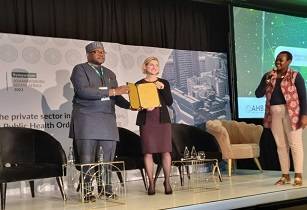As Internet access has broadened, technology firms have been able to reach out to an ever wider audience including farmers in Africa, finds out a report by McKinsey & Co.
The trend is set to continue, with half of Africa’s one billion people predicted to have Internet access by 2025, according to McKinsey & Co. The firm has also predicted that 360mn smartphones will be used in the continent over the next ten years.
Specifically, Internet technology has the potential to increase agricultural productivity in Africa by around US$3bn a year. Mobile technology has been revolutionising the way African farmers conduct business. One such example is Kenyan start-up M-Farm, which enables farmers to access information about market prices, lower purchase costs by aggregating orders of farm supplies and sell produce collectively, all via text message.
Company co-founder Jamila Abass said, “Farmers are becoming more responsive to technology and no longer see it as a tool for the urban middle class people only.”
Another example is smartphone app iCow, which allows farmers to input and receive information and on issues like livestock feeding practices, disease control and keeping records of milk as well as connecting them to nearby veterinarians.
Global food production will need to increase by 70 per cent by 2050 to meet rising demand, according to research carried out by the UN. With more than half of the world’s unused arable land, Africa is set to play a key role.
However, lack of training, infrastructure and capital has led to land farmed by African smallholders producing only a seventh of the tonnage per hectare of farmland in developed countries.





































